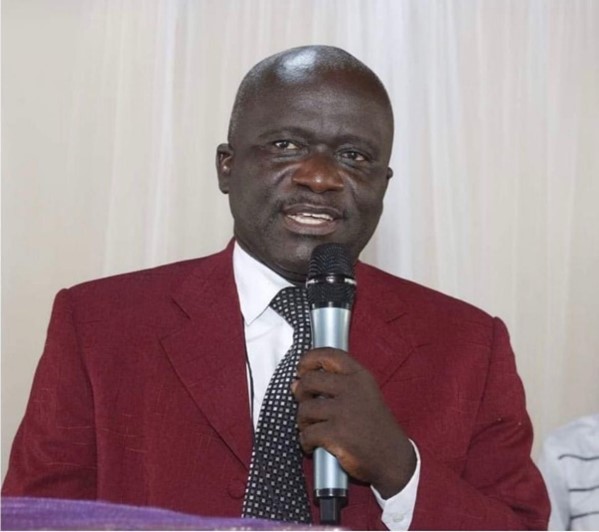Bishop Dr. Kortu K. Brown, former President of the Liberia Council of Churches, has consistently advocated against street protests as the primary means of addressing national concerns in Liberia. While acknowledging the constitutional right to peaceful protest, he firmly believes that dialogue and engagement offer a more effective and constructive path towards resolving grievances and achieving sustainable solutions. His stance is rooted in a deep commitment to peaceful conflict resolution and a belief in the power of communication to bridge divides and foster understanding. Over the years, Bishop Brown has actively intervened in several instances of potential social unrest, urging citizens and government officials alike to prioritize dialogue over confrontation.
Bishop Brown’s commitment to dialogue-driven solutions is underscored by his past involvements in mediating between protesting groups and the Liberian government. He cites specific instances, including mediating a potential protest in 2013 during Ellen Johnson Sirleaf’s presidency, as well as his pivotal role in facilitating discussions between protest organizers (Council of Patriots) and government representatives in December 2019. These interventions, he emphasizes, were aimed at de-escalating tensions and encouraging a collaborative approach to addressing the underlying issues driving the protests. He firmly believes that regardless of the length or intensity of any protest, ultimately, parties must return to the negotiation table to find lasting resolutions.
The Bishop’s recent remarks during a Sunday service at the New Water in the Desert Apostolic Pentecostal Church reiterate his long-held conviction. He emphasizes the need for the government to be receptive and responsive to the concerns of its citizens, recognizing the widespread discontent stemming from issues like poverty, unemployment, and a lack of hope for the future. He acknowledges the validity of these concerns and stresses the importance of creating an environment conducive to national dialogue, where these issues can be openly addressed and collaborative solutions sought.
Furthermore, he criticizes the apparent detachment of some public officials from the realities faced by ordinary Liberians, pointing to their frequent engagement on social media as a potential distraction from their official duties. He contrasts this perceived lack of seriousness with the widespread hardship and frustration felt by the populace, emphasizing the disconnect between the governing and the governed. This disconnect, he suggests, further fuels the need for open and honest dialogue to bridge the gap and restore public trust.
Bishop Brown’s appeal for peace and constructive engagement extends to both the government and the citizenry. He urges the government to create space for meaningful dialogue and actively address the concerns of its people. Simultaneously, he calls on Liberians to embrace peaceful means of expressing their grievances, prioritizing dialogue over potentially disruptive protests. He believes that by fostering a culture of communication and understanding, Liberia can better navigate its challenges and build a more hopeful and prosperous future for all its citizens.
In essence, Bishop Brown’s message is a call for unity and collaboration in addressing Liberia’s challenges. He advocates for a shift away from confrontational tactics towards a more inclusive and dialogue-driven approach. He believes that by working together, listening to each other, and engaging in constructive conversations, Liberians can find sustainable solutions to the issues that plague their nation and build a more just and equitable society. His plea for peace and dialogue serves as a reminder of the importance of communication and mutual understanding in navigating the complexities of national development and fostering a sense of shared responsibility for the future of Liberia.














